Buddy letters from friends, family, or fellow veterans provide a personal touch. Be clear, specific, and truthful in both forms of evidence to strengthen your case and improve your chances of success.
Many veterans face challenges getting the total disability benefits they deserve. If your service-connected disabilities aren’t fully reflected in your medical records, or if your condition has worsened since your initial claim, the VA claims process can be frustrating.
This article will guide you through two powerful tools that can significantly strengthen your VA disability claim: VA Form 21-4138: Statement in Support of Claim and “lay or witness statement“, also known as buddy letters.
Understanding VA Form 21-4138
VA Form 21-4138 allows you to provide additional information about your service-connected disabilities beyond what’s included in your initial application and medical records. It helps paint a clearer picture of how your disabilities impact your daily life.
Here’s when VA Form 21-4138 can be particularly helpful:
- Incomplete Medical Records: If your medical records don’t show the existence of your disability or its severity, this form allows you to fill in the gaps.
- Worsened Conditions: If your disability has worsened since your initial claim, use this form to submit updated evidence to support an increased disability rating.
- Appealing a Decision: If your claim was denied or you disagree with your disability rating, you can use VA Form 21-4138 during appeals.
The Power of Buddy Letters
Buddy letters provide a crucial human element to your VA disability claim. They are written by someone who knows you well and can personally attest to the impact of your disabilities on your daily life. This can be particularly important for conditions like PTSD or mental health issues that medical records may not easily document.
Who Can Write a Buddy Letter?
- Close Friends: Choose someone who has known you for a significant period and witnessed your struggles with service-connected disabilities.
- Family Members: Family members can provide valuable insight into how your disabilities affect your home life and relationships.
- Fellow Veterans: If you served with someone who witnessed your disability firsthand, their perspective can be especially impactful.
In essence, anyone who knows a Veteran and can serve as a reliable witness to their conditions can create a buddy statement, whether they are a spouse or a friend. The most important thing for the buddy letter writer is to provide specific details and concrete examples of how the Veteran’s disability manifests in their daily life, regardless of their relationship with the Veteran.
Crafting a Powerful Buddy Letter:
- Clarity and Details: The letter should be clear and concise and focus on specific examples of how your disabilities manifest in daily life.
- Honesty and Accuracy: Emphasize the truthfulness of the information and avoid exaggeration.
- Highlight Your Connection: Explain your relationship with the Veteran and how long you’ve known them.
- Contact Information: Include your contact details so the VA can ask for clarification.
Do’s and Don’ts for Buddy Letters:
Do:
- Be specific and provide concrete examples.
- Maintain a clear and objective tone.
- Explain how the Veteran’s disability affects their daily activities (work, hobbies, relationships).
- Include your contact information.
- Proofread carefully for typos and grammatical errors.
Don’t:
- Guess or make assumptions about the Veteran’s health.
- Exaggerate or embellish the truth.
- Use medical jargon unless you’re a healthcare professional.
- Make vague statements without specific details.
- Include personal opinions or beliefs.
Strengthening Your Claim with Evidence
The combination of VA Form 21-4138 and well-written buddy letters offers a compelling narrative alongside your medical records. This comprehensive picture increases your chances of a successful VA disability claim.
Related FAQs
What is VA Form 21-4138 used for?
VA Form 21-4138, also known as a "Statement in Support of Claim," is used by veterans to provide additional information about their VA disability claim. This can include personal statements, descriptions of events or injuries, and supporting evidence to clarify or strengthen the claim.
Does the VA verify buddy letters?
Yes, the VA can verify buddy letters, especially if they contain essential details related to your claim. While the VA considers the letters, it may validate facts or request extra evidence to confirm their credibility.
Does a buddy letter have to be notarized?
No, a buddy letter does not have to be notarized to be accepted by the VA. Including the writer's signature and contact information can enhance the letter's credibility. While some veterans opt to have it notarized for added formality, this is not required.


